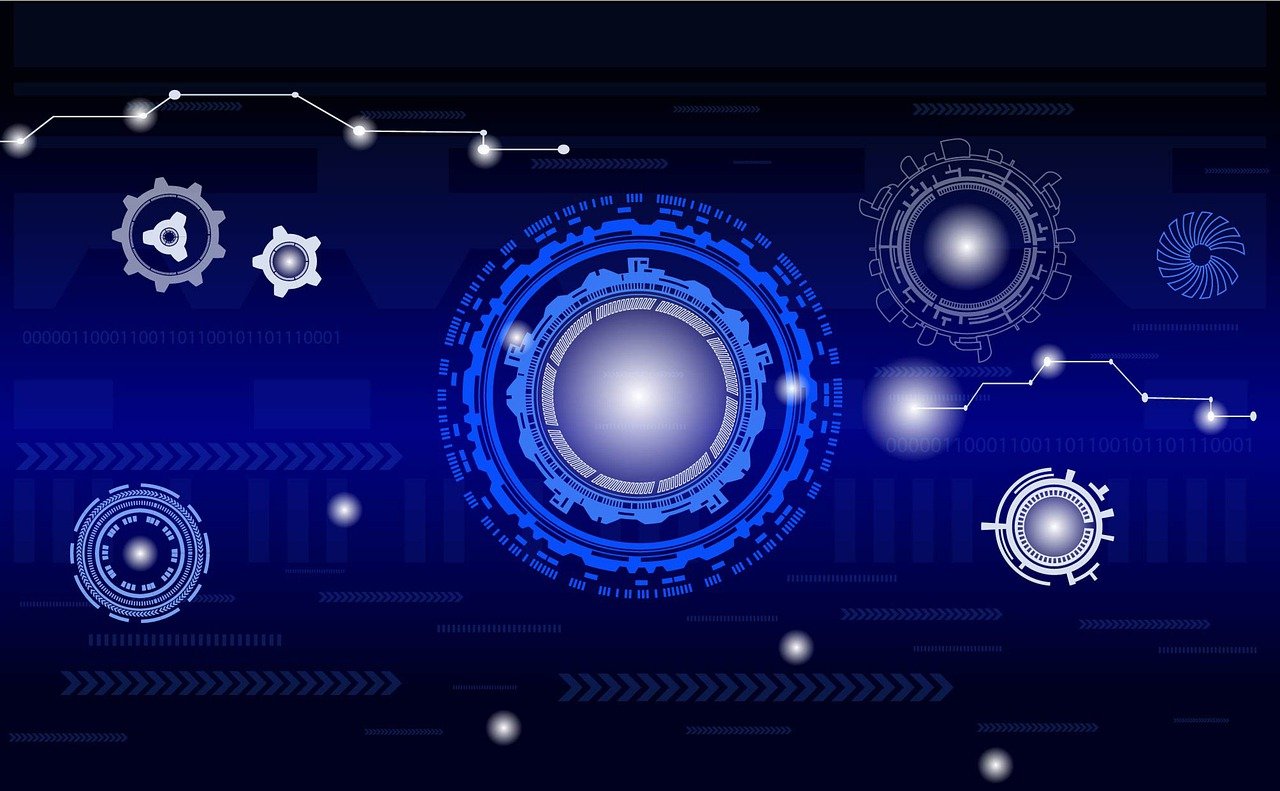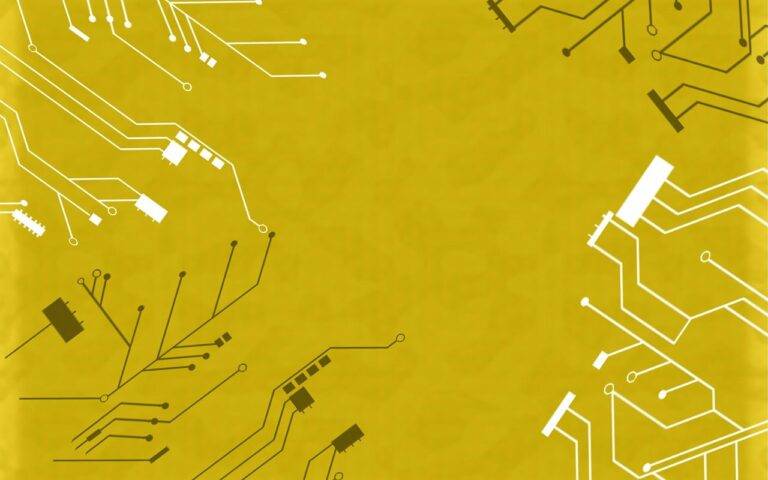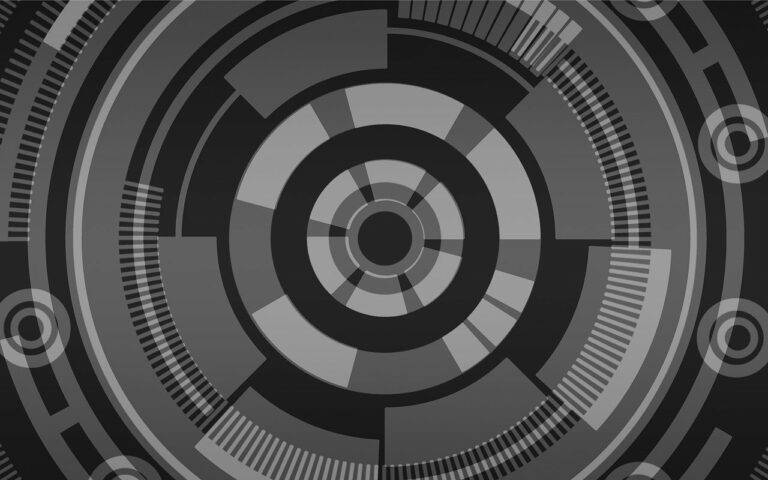The Impact of AI in Healthcare
Utilizing artificial intelligence (AI) in the field of medical imaging has revolutionized the way healthcare professionals analyze and interpret diagnostic images. With the ability to process vast amounts of data quickly and accurately, AI algorithms can assist in detecting subtle abnormalities that may go unnoticed by the human eye. This has significantly enhanced the diagnostic capabilities of radiologists and other medical specialists, leading to more precise and timely detection of various medical conditions.
Moreover, the integration of AI technology in medical imaging has resulted in improved efficiency and streamlined workflows within healthcare institutions. By automating certain tasks such as image segmentation and pattern recognition, AI systems can help reduce the time and effort required for analysis, allowing healthcare providers to focus more on patient care and treatment planning. Additionally, AI-powered imaging solutions have the potential to standardize diagnostic processes, ensuring consistent and high-quality results across different medical facilities and practitioners.
Enhancing diagnostic accuracy with AI
Artificial intelligence (AI) has revolutionized the field of medical imaging by significantly enhancing diagnostic accuracy. By harnessing the power of machine learning algorithms, AI systems can efficiently analyze complex medical images, such as X-rays, MRIs, and CT scans, to provide healthcare professionals with precise and reliable diagnoses. This advanced technology not only helps in identifying subtle abnormalities that may be challenging to detect with the naked eye but also reduces the likelihood of human error in the diagnostic process.
Moreover, the integration of AI in medical imaging not only streamlines the diagnostic workflow but also improves the overall efficiency of healthcare delivery. With the ability to quickly process and interpret vast amounts of imaging data, AI systems can assist radiologists and other medical professionals in making timely and accurate diagnoses, leading to more effective treatment plans and better patient outcomes. As AI continues to evolve and expand its capabilities, it holds immense promise in revolutionizing the field of medical imaging and transforming the way healthcare is delivered.
Improving patient outcomes through AI
Artificial intelligence (AI) technology has revolutionized the field of medical imaging, offering healthcare professionals a powerful tool to enhance diagnostic accuracy and improve patient outcomes. By analyzing large volumes of medical data quickly and accurately, AI systems help radiologists detect abnormalities and identify potential health concerns at an early stage, leading to timely interventions and treatment plans.
Moreover, AI algorithms have the ability to learn from new data continually, refining their diagnostic capabilities over time. This adaptability enables AI to keep pace with the ever-evolving landscape of medical imaging, ensuring that patients receive the most up-to-date and accurate diagnoses possible. As a result, healthcare providers can make informed decisions based on reliable AI-generated insights, ultimately leading to improved patient outcomes and better overall healthcare delivery.
How is AI technology being utilized in medical imaging?
AI technology is being used to assist radiologists in interpreting medical images more accurately and efficiently. It can help identify patterns and abnormalities that may be difficult to detect with the human eye alone.
How does AI enhance diagnostic accuracy in healthcare?
AI can analyze large amounts of data quickly and accurately, helping healthcare providers make more informed diagnostic decisions. This can lead to earlier detection of diseases and more personalized treatment plans for patients.
How can AI improve patient outcomes in healthcare?
By improving diagnostic accuracy and treatment planning, AI can help healthcare providers deliver more effective care to patients. This can lead to better outcomes, shorter hospital stays, and overall improved quality of life for patients.
Are there any limitations to using AI in healthcare?
While AI technology has shown great promise in improving patient outcomes, there are still challenges to overcome, such as data privacy concerns, training AI algorithms with diverse and representative datasets, and ensuring that healthcare providers are properly trained to use AI tools effectively.





